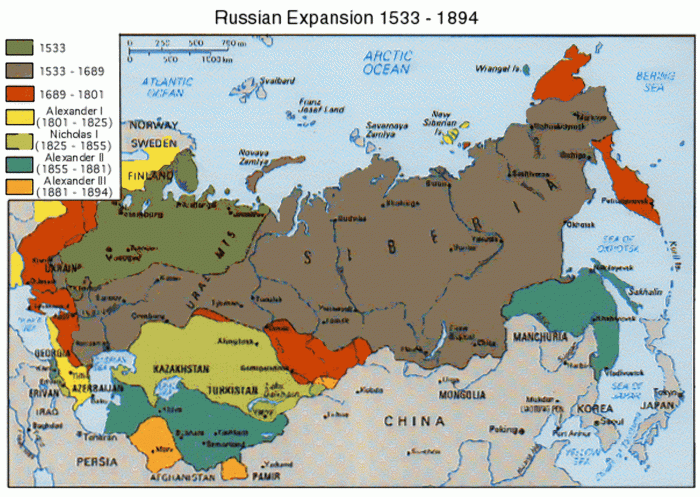What was the Binding Law of War During the Russian Colonial Invasions in the Nineteenth Century?
Adel Bashqawi
August 13, 2024

Introduction
Restorative and transitional justice approaches aim to address harm caused by historical injustices through dialogue, acknowledgment, and reparations, focusing on healing, accountability, and repairing relationships. The evolution of the laws of war, and their impact on human rights, from the nineteenth century through the twentieth century and beyond, highlights the importance of addressing the outcomes of these legal developments. The establishment of the League of Nations, followed by the United Nations Organization, has created a broader structure that includes an extensive network of institutions, agencies, entities, and international bodies. These organizations help establish recognition and support for historical injustices and their lasting impacts, ensuring that no one is excluded. This framework aims to secure the right to self-determination, security, and stability, ultimately leading to peace for all.
Referenced Statutes and Sources
During the nineteenth century, particularly during the Russian colonial invasions in the North Caucasus and beyond, the legal framework governing the conduct of war was not as developed or universally codified as it is today. However, several principles and codes were emerging that influenced military operations. Here are some key elements and instruments that were relevant:
1. Customary international humanitarian law
Much of the law of war during the nineteenth century was based on customary international law, which included generally accepted practices and norms that had developed over time among civilized nations.
Customary International Law
Customary IHL
2. Principles of Humanity
There was an emerging recognition of principles of humanity, which called for the humane treatment of combatants and non-combatants. These principles were not always codified but were increasingly influential.
Principles of Humanity
3. Lieber Code (1863)
General Orders No. 100, issued by President Abraham Lincoln during the American Civil War, was one of the first comprehensive codifications of the laws of war. It addressed the treatment of prisoners of war, the protection of civilians, and the conduct of hostilities. While it was specific to the United States, it significantly influenced the development of international humanitarian law.
The Lieber Code
Humanitarian Principles of the Lieber Code
4. The First Geneva Convention (1864)
The First Geneva Convention, adopted in 1864, established important principles for the protection of the wounded and sick in armed conflict. It marked a significant step in the development of international humanitarian law, though its direct relevance to colonial conflicts like the Russian invasions is limited by its specific focus on battlefield medical care.
International Committee of the Red Cross
Review on the First Geneva Convention
5. The Hague Conventions (1899 and 1907)
Although the Hague Conventions were adopted after the period in question, they were influenced by the evolving norms and practices of the nineteenth century and codified many principles that had already been developing.
Hague Convention II (1899)
Hague Convention IV (1907)
Encyclopedia Entry on the Hague Conventions
The Circassian Genocide: How the Caucasus was Conquered by Russia?DOCUMENTARY
Conclusion
During the nineteenth century, including the period of Russian colonial invasions, the legal framework governing the conduct of war was primarily based on customary international law, emerging humanitarian principles, and early formal codifications like the Lieber Code and the First Geneva Convention. These principles were not universally binding in the same way contemporary international treaties are, but they represented a growing recognition of the need for rules and norms to govern the conduct of war.
